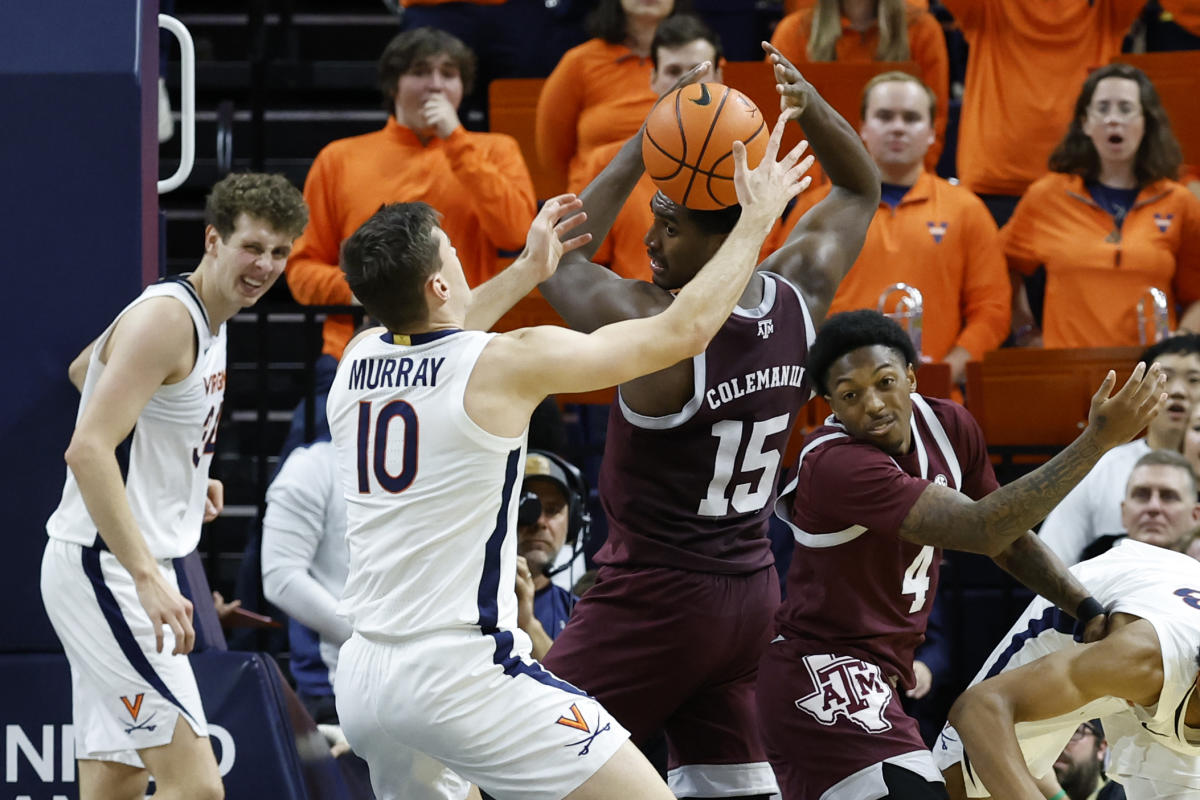Recreating the Ballon d’Or Award Ceremony: A Tale of Inequality and Oversight
Presenting the prestigious Ballon d’Or award for the world’s best women’s footballer, we have a surprise guest on stage: Novak Djokovic! Wait, isn’t this the same man who once argued that male tennis players deserved higher pay than their female counterparts? Yes, it is. Back in 2016, Djokovic sparked controversy by suggesting that men should be awarded more due to higher attendance rates at men’s tennis matches. As expected, his remarks faced immediate backlash and he was forced to backtrack with a Facebook apology post. However, for many, the damage was already done. Djokovic’s comments only added fuel to the ongoing debate regarding equal pay, further exacerbating gender biases and biases within the sports industry.
But let’s not place the blame entirely on Djokovic. Instead, let’s view him as a conduit for the larger issues women face in football and society as a whole. His presence at the Ballon d’Or award ceremony has brought these issues to the forefront of discussion. Unfortunately, inept organization once again hijacked a moment meant to solely celebrate female excellence in football.
It is important to redirect the focus to the true star of the evening: Aitana Bonmati, an exceptionally talented footballer from Barcelona and Spain. When Bonmati was announced as the winner, she stood on stage, basking in the well-deserved applause. However, to her disappointment, there was no trophy to greet her. She placed her prepared speech on an empty glass ledge and anxiously waited. After a few awkward seconds, a man finally appeared from backstage with the golden ball emblematic of the award. It was as if he had forgotten an essential dish at the dinner table, rushing to bring it in halfway through the meal.
On the other hand, Lionel Messi’s trophy was meticulously prepared and promptly presented by none other than David Beckham. The choice of Beckham, apart from being one of football’s most famous figures, made sense due to his personal connection with Messi as the co-owner of Inter Miami. However, the stark absence of women was glaringly evident in the room. Only seven out of the 30 nominated women players were present, and this could largely be attributed to fixture clashes—yet another example of how men’s football consistently takes precedence over women’s in the industry. The lack of female nominees and the marginal representation of women at the ceremony were sources of frustration and disappointment, as highlighted by England manager Sarina Wiegman and other fans of women’s football.
Instead of including trailblazers like Marta or inviting legends like Serena Williams or Billie Jean King to present the award, the organizers missed the mark entirely. Had they made these choices, our conversations would be focused on celebrating women’s accomplishments rather than questioning the event itself. Marta, in particular, who recently announced her retirement from international football, would have paved the way for future generations by gracefully handing over the trophy to Bonmati. It is disheartening to realize that women’s football still lacks a goalkeeper equivalent to the Yashin Trophy or a young player equivalent to the Kopa Trophy, further highlighting the inequality within the sport.
Novak Djokovic’s appearance on the Ballon d’Or stage serves as yet another reminder of the ongoing inequalities within football. The binoculars we use to examine this issue are becoming worn, as the view through them remains consistently skewed. If the highest levels of the sport fail to address these disparities, one can only wonder what transpires in the outer circles of women’s football. It is high time that we take a closer look and demand change.
(Top photo: Pascal Le Segretain/Getty Images)

Jessica Roberts serves up the latest in the world of tennis. With a love for the racket sport, she reports on tennis matches, player rankings, and Grand Slam events, ensuring readers stay informed about the tennis world.




:no_upscale()/cdn.vox-cdn.com/uploads/chorus_image/image/72931262/usa_today_21973134.0.jpg)


